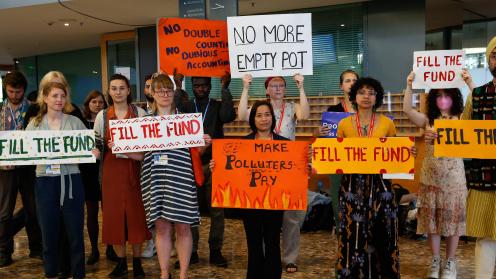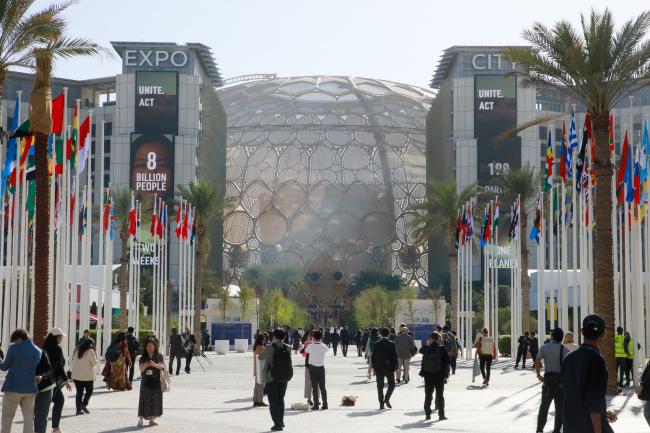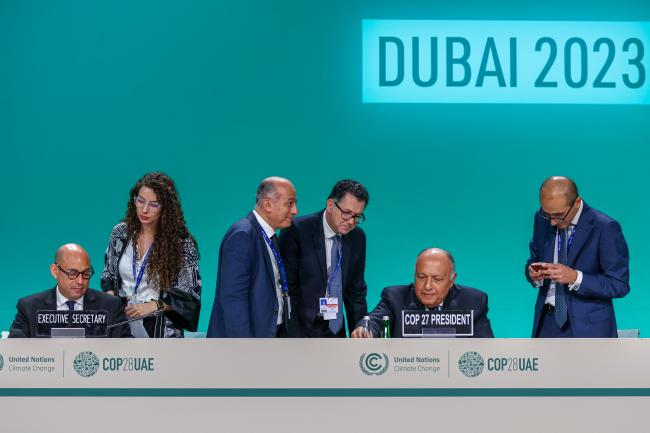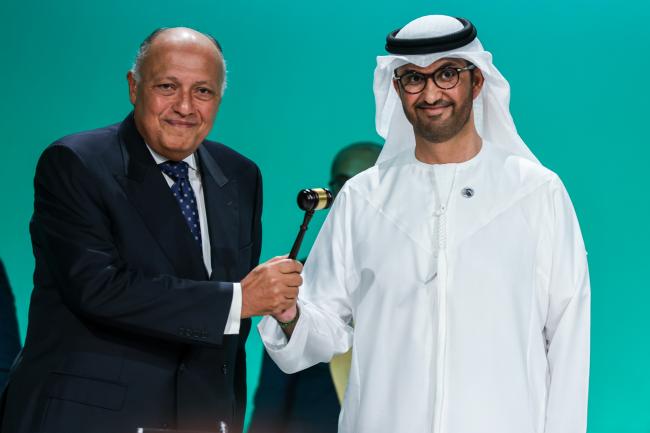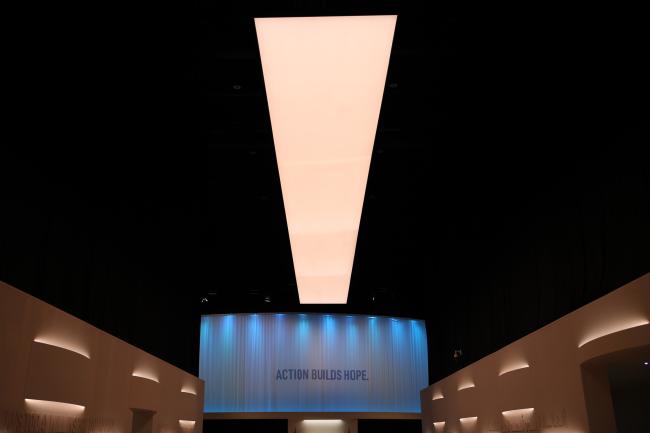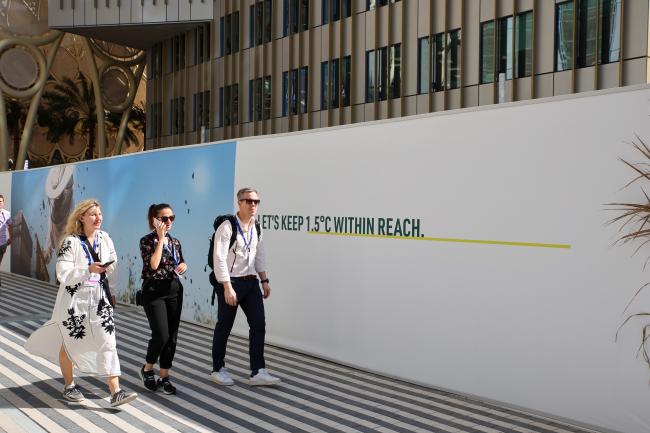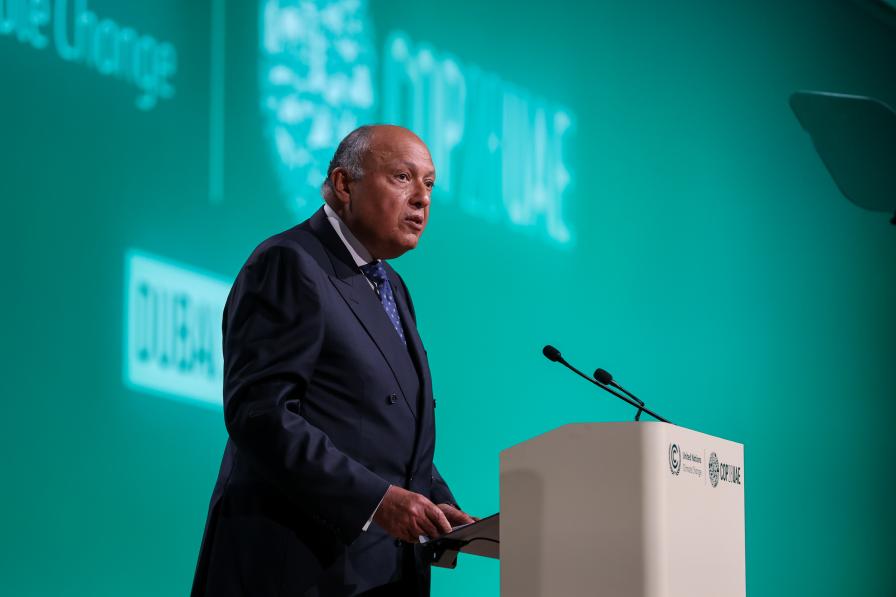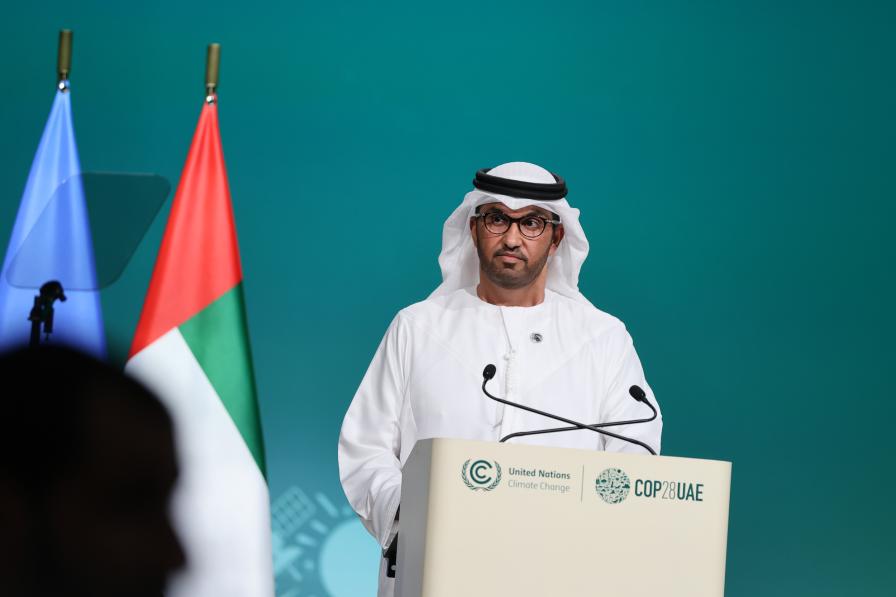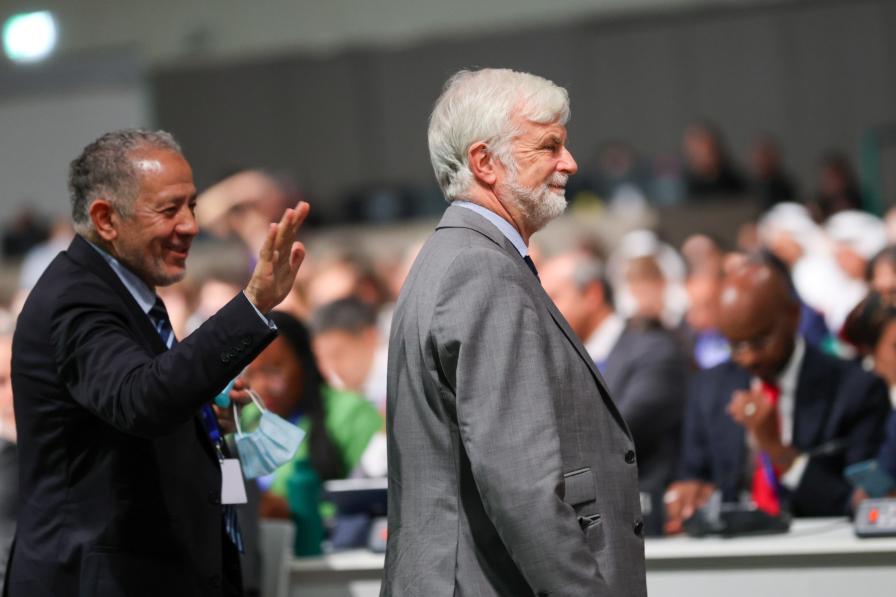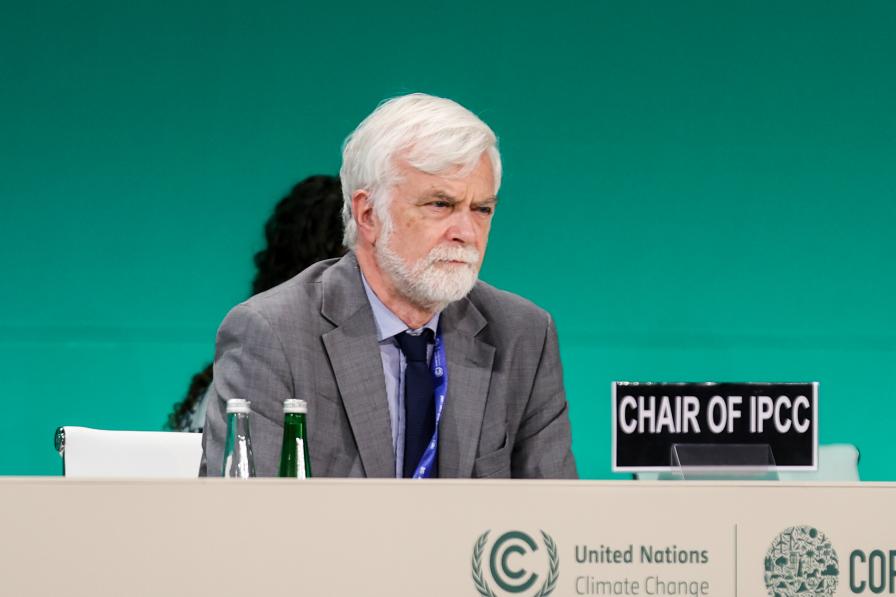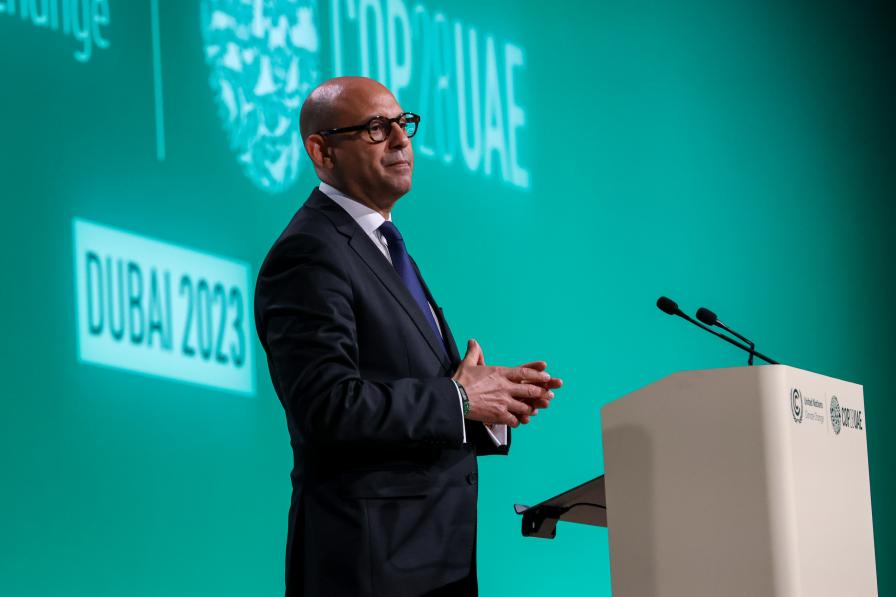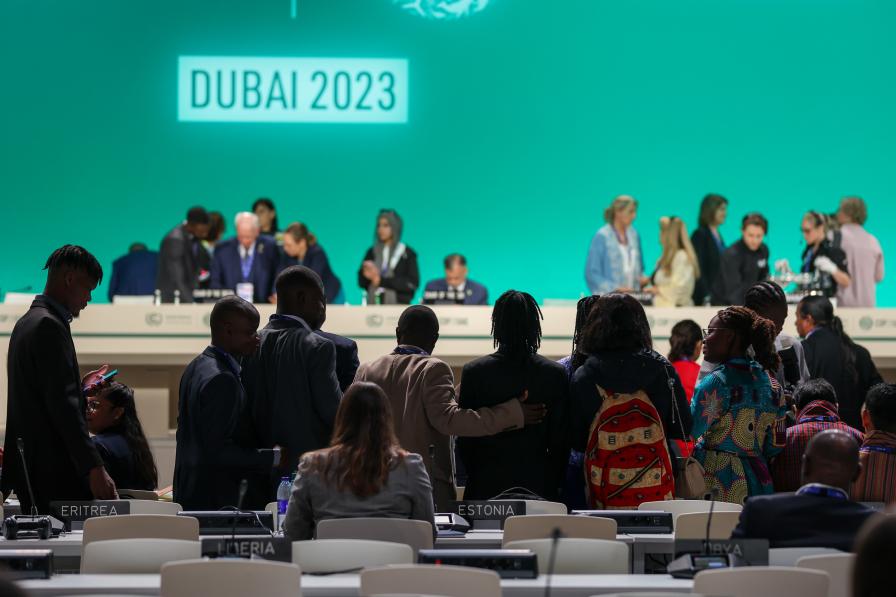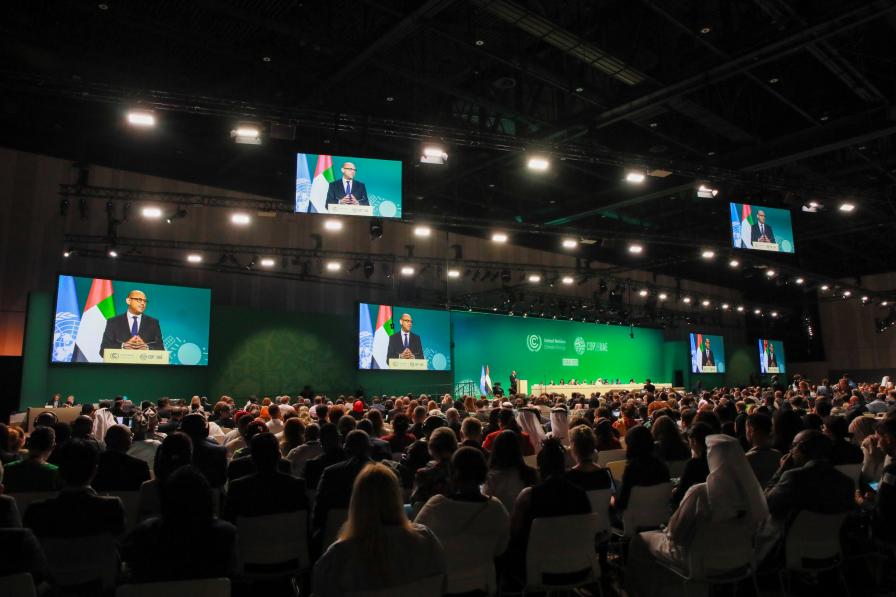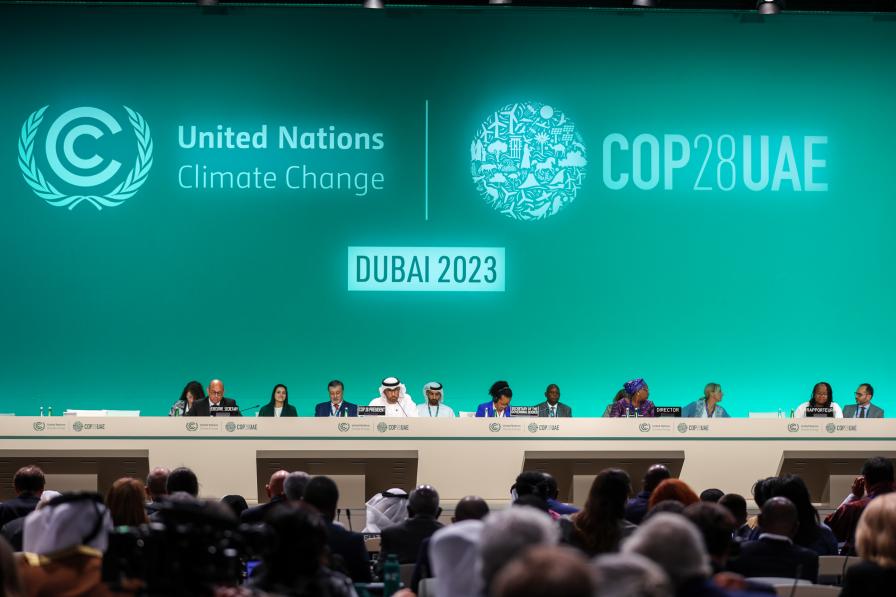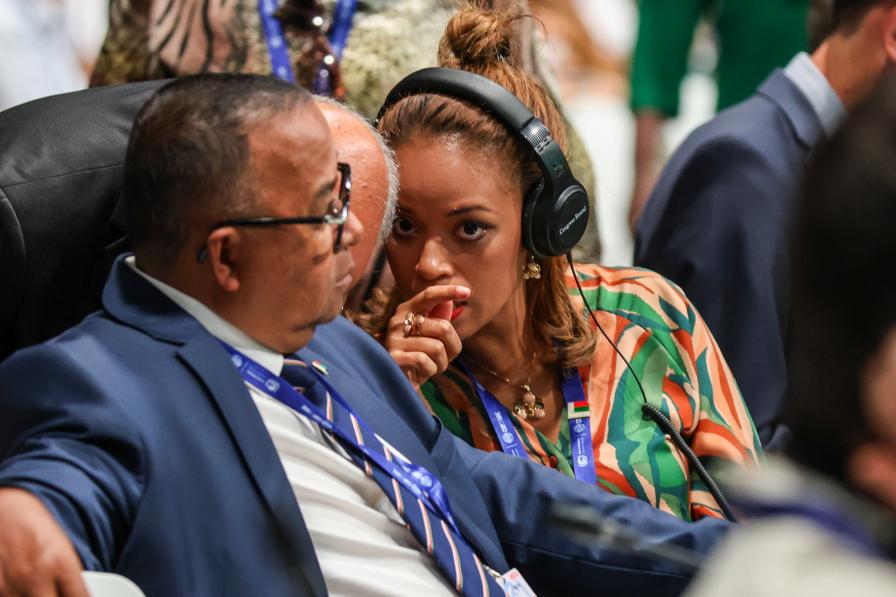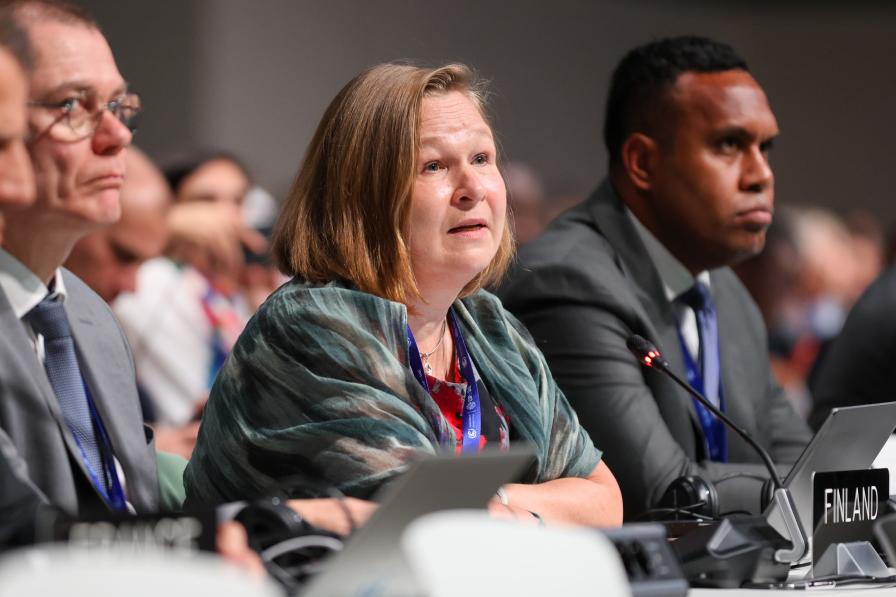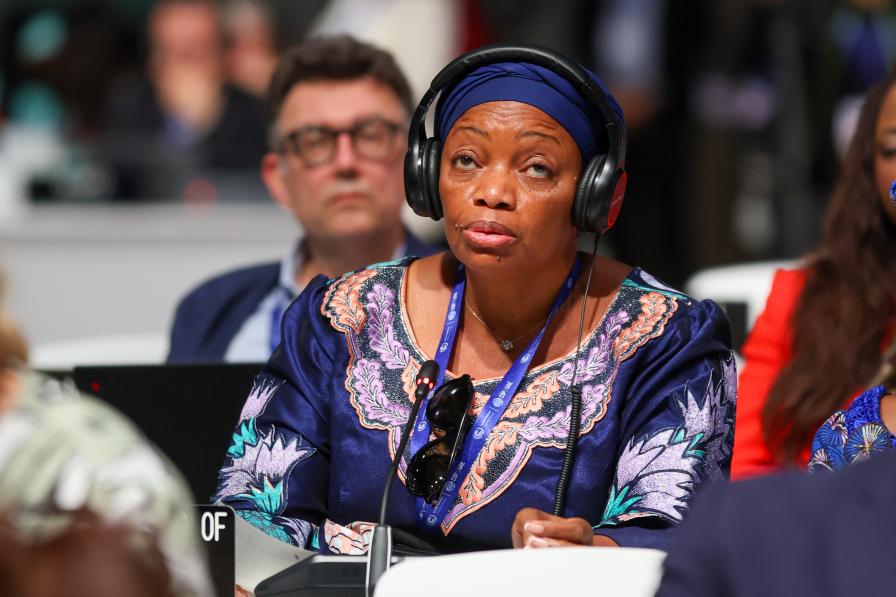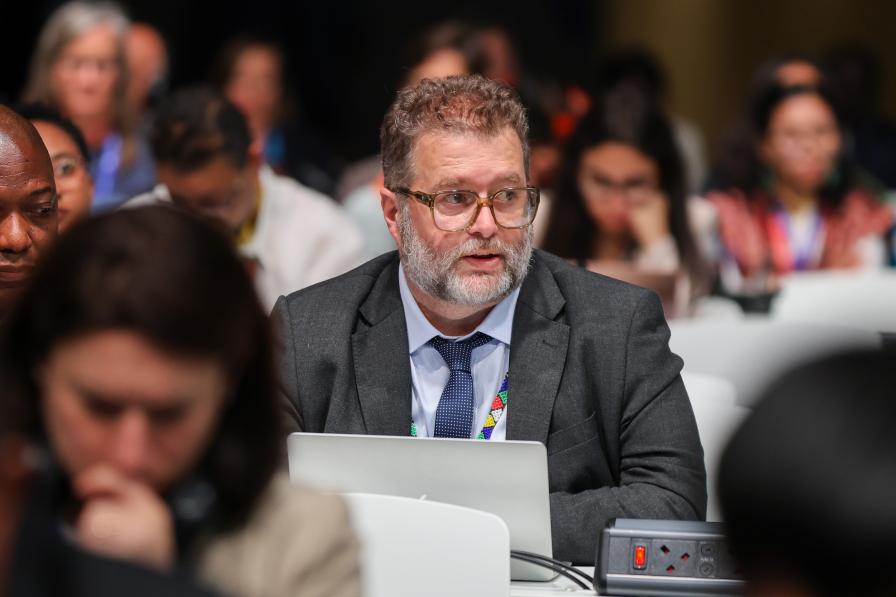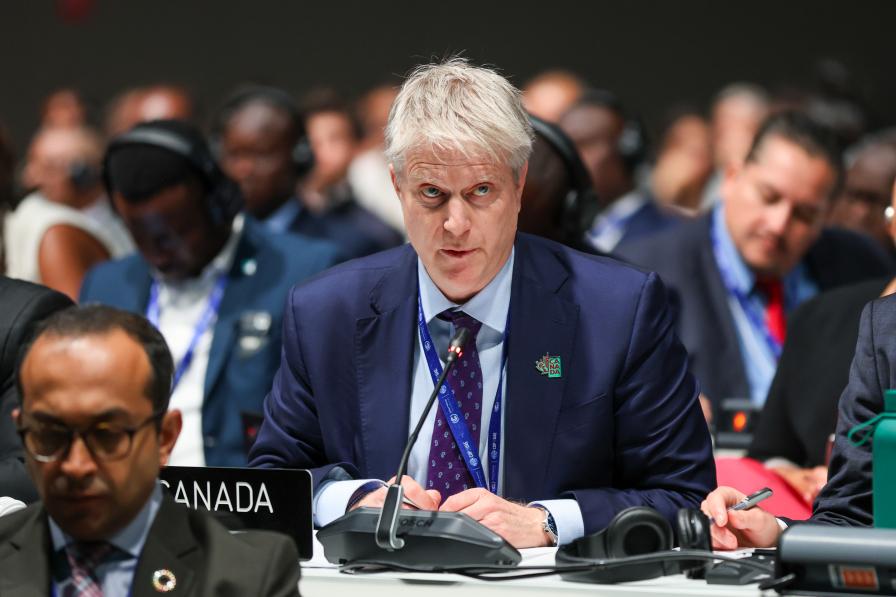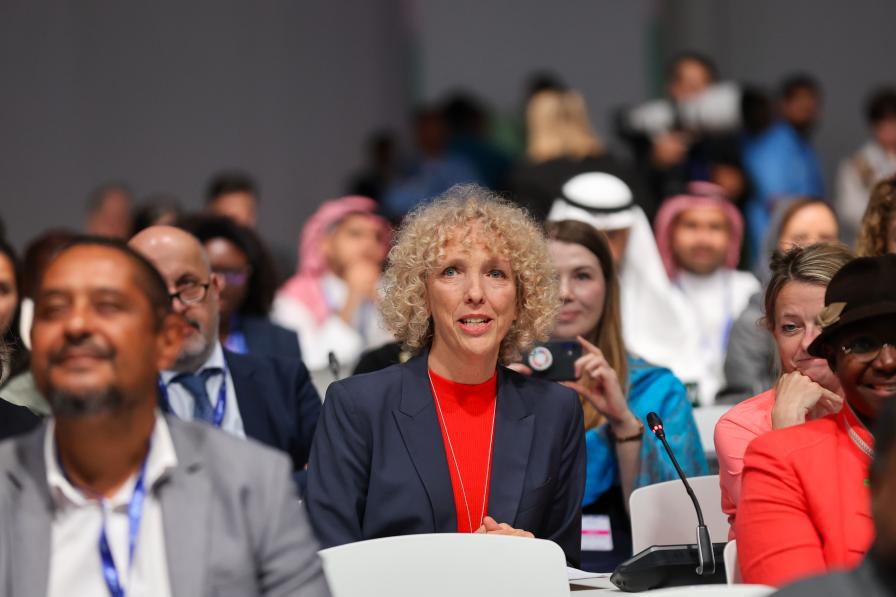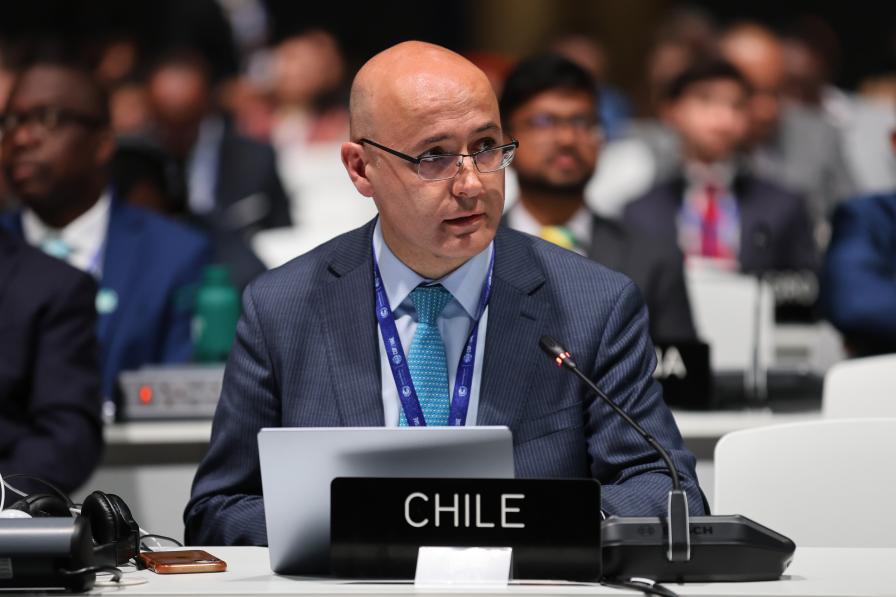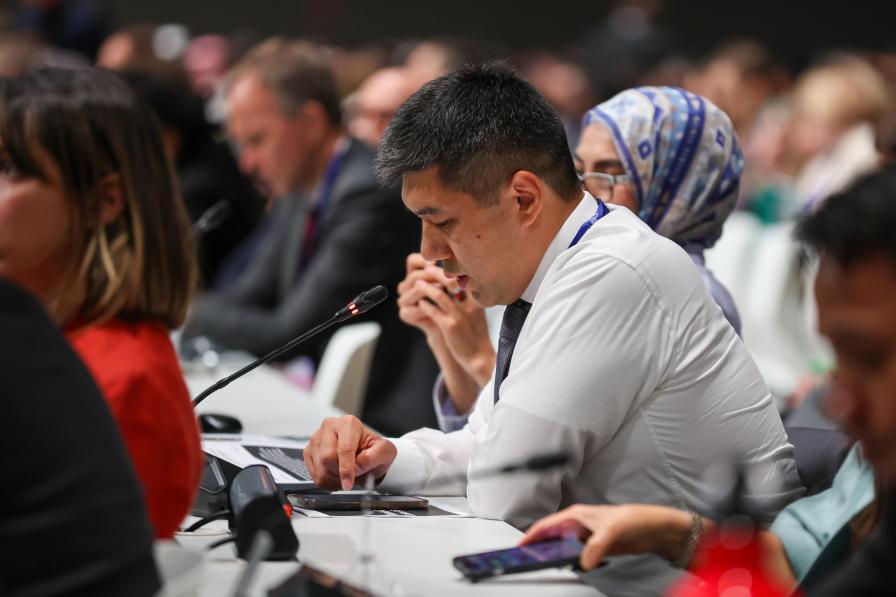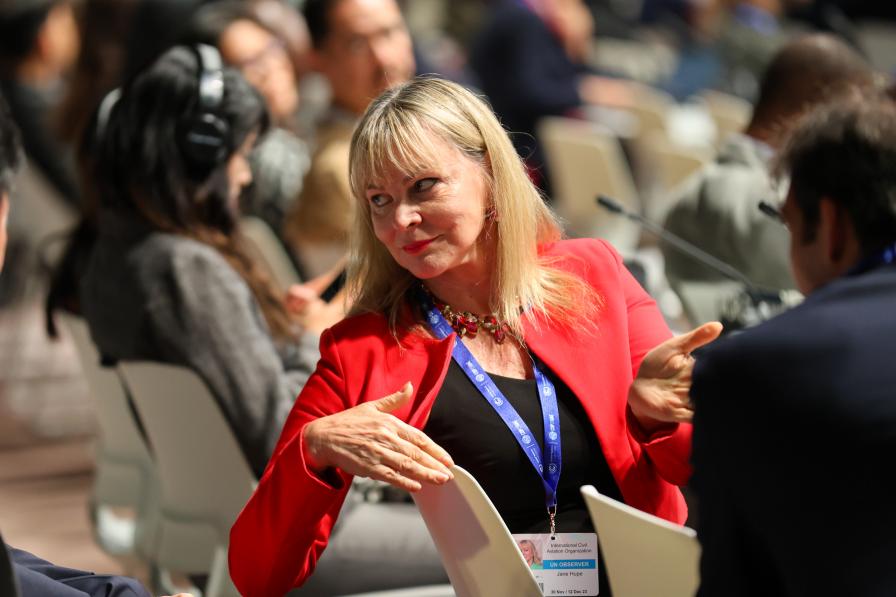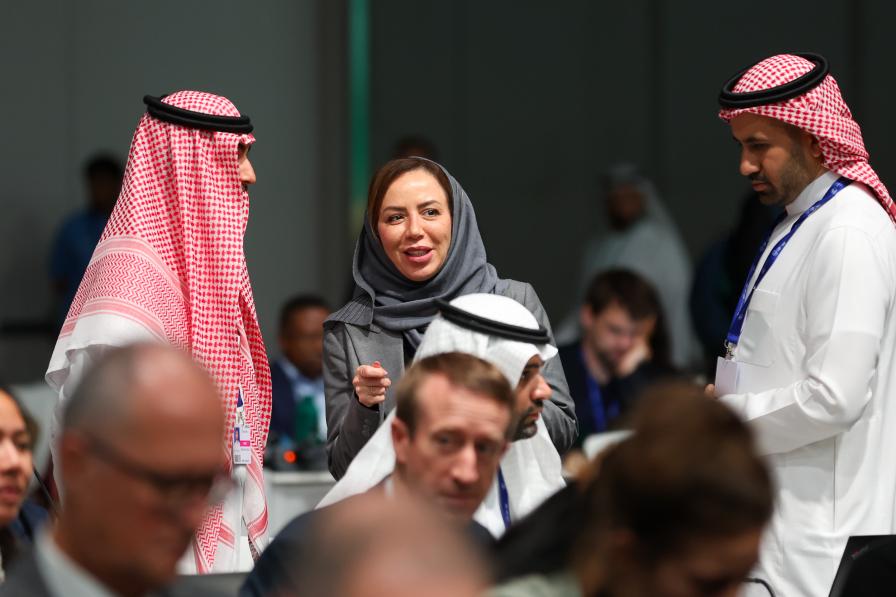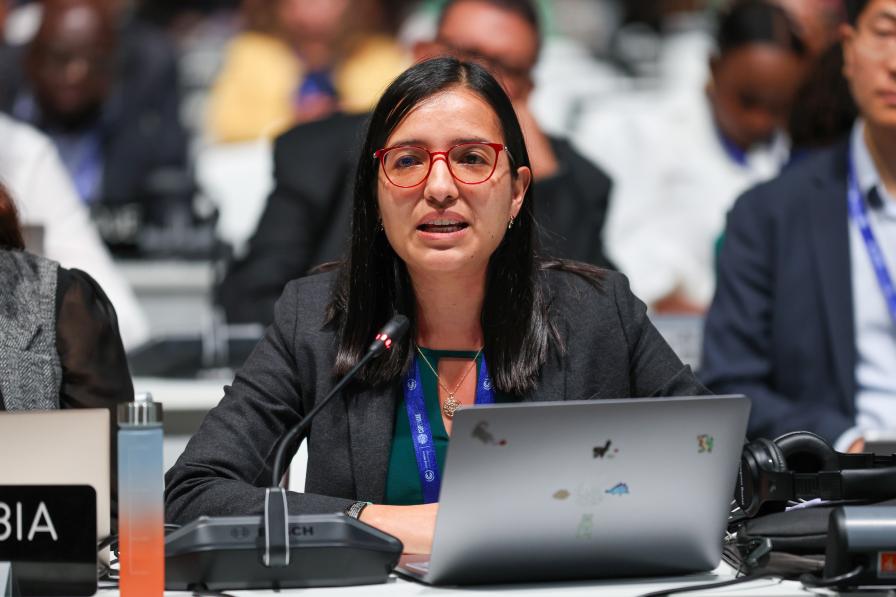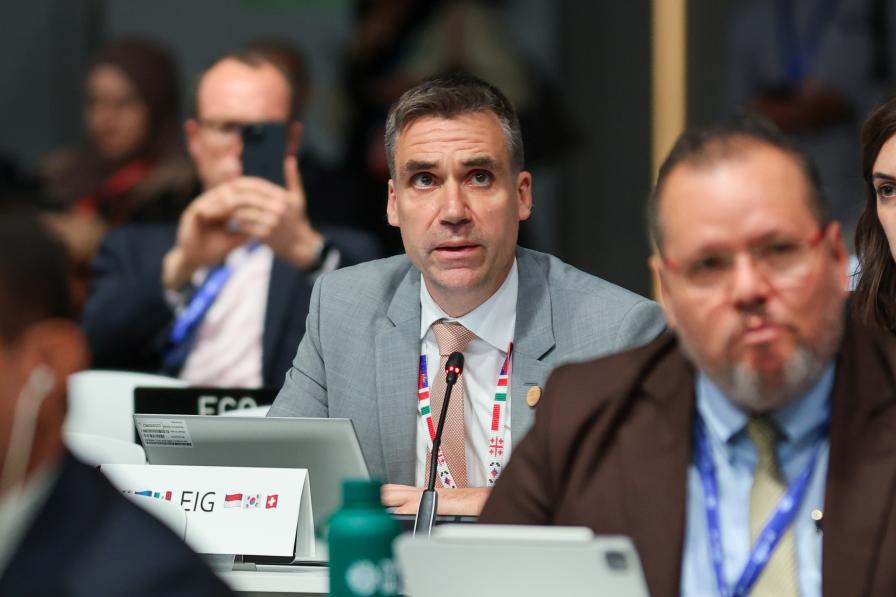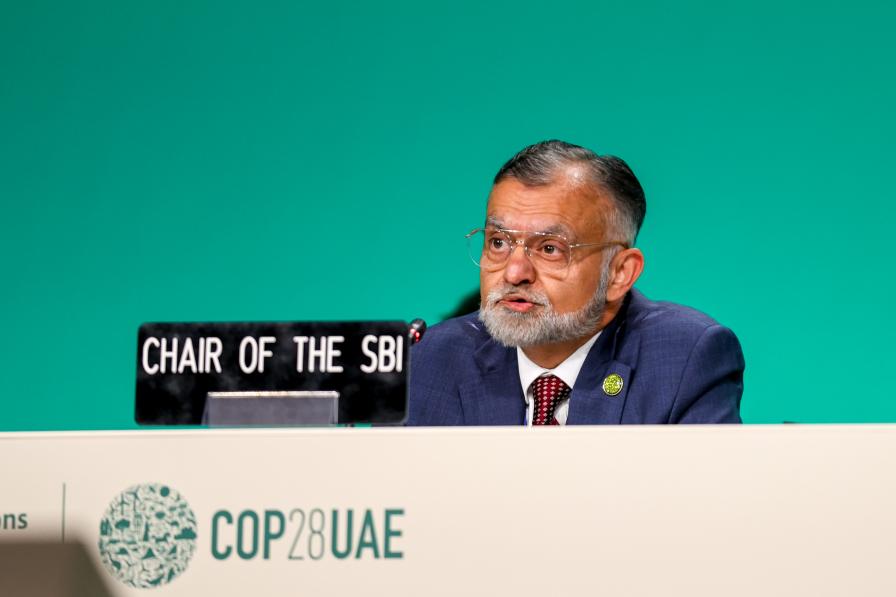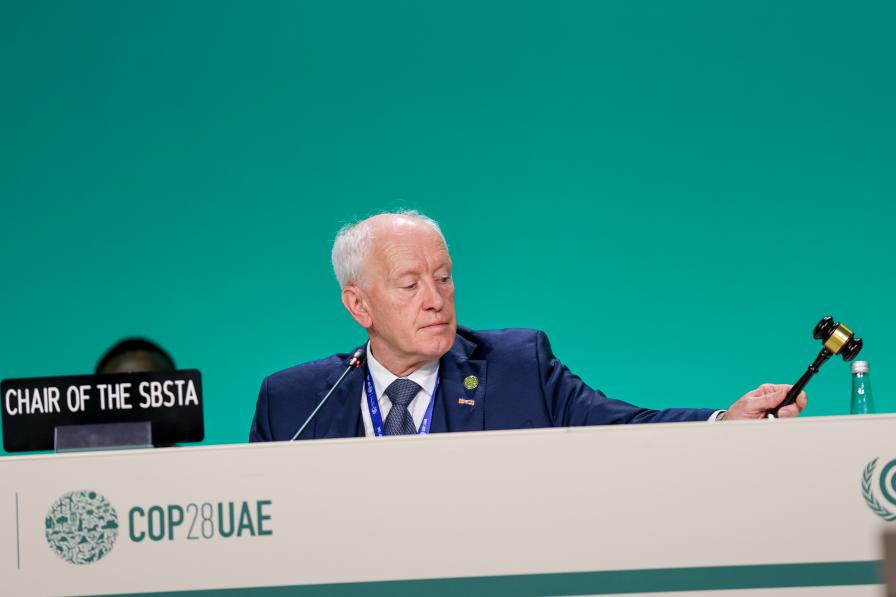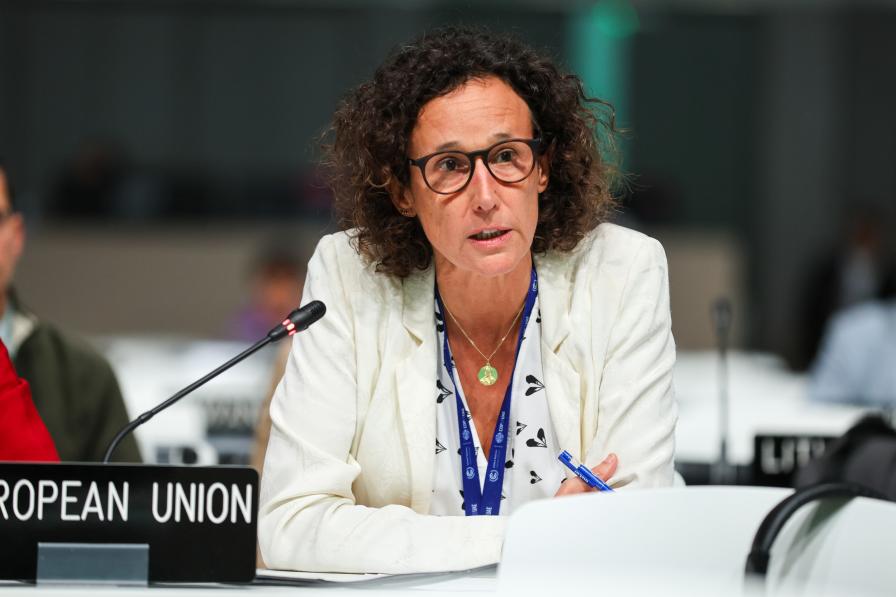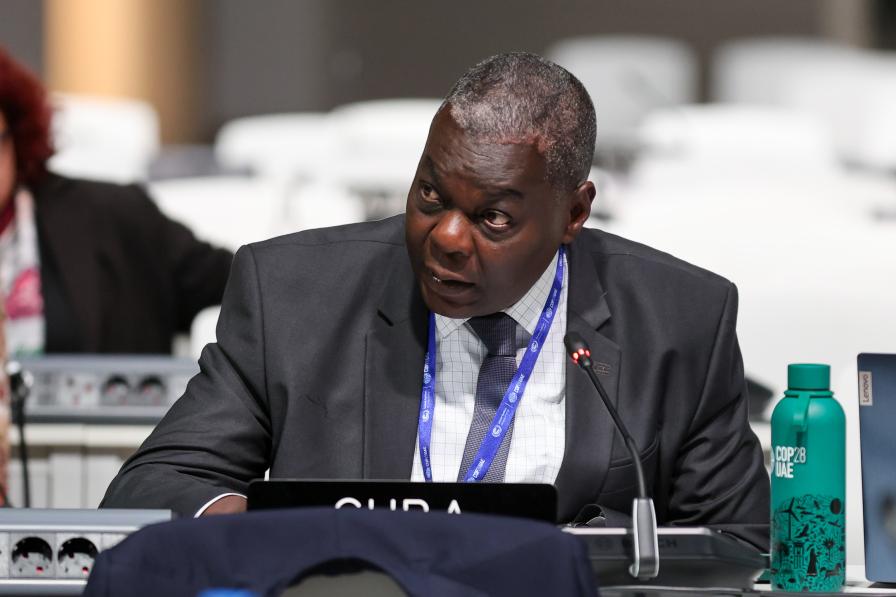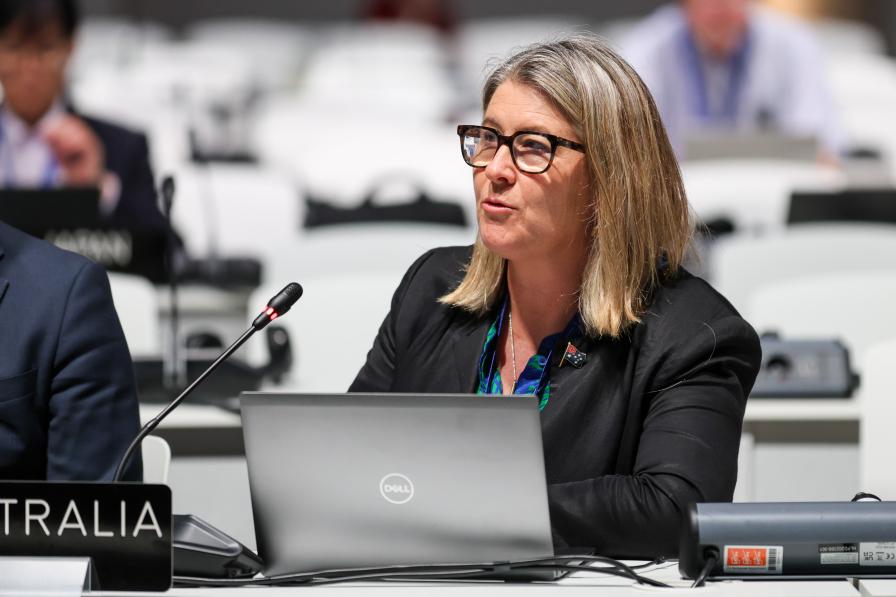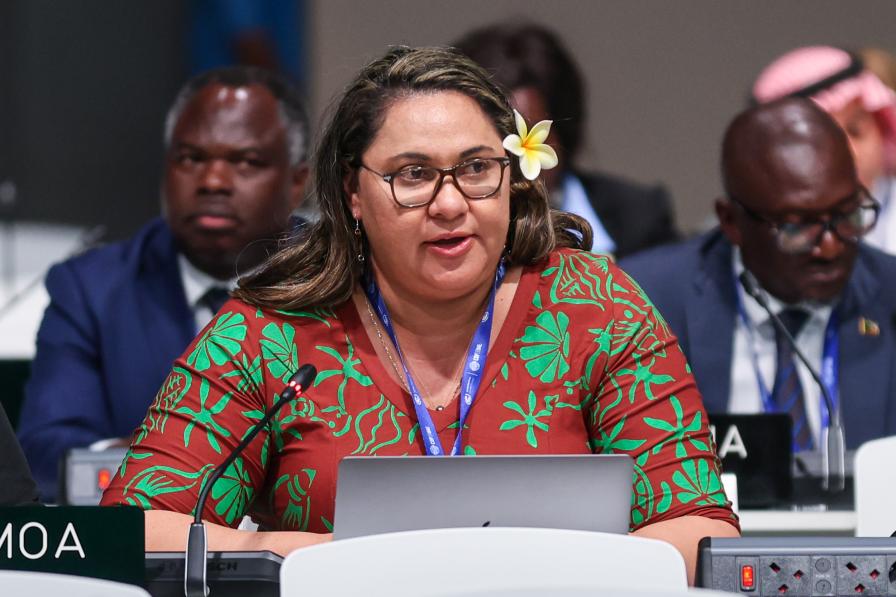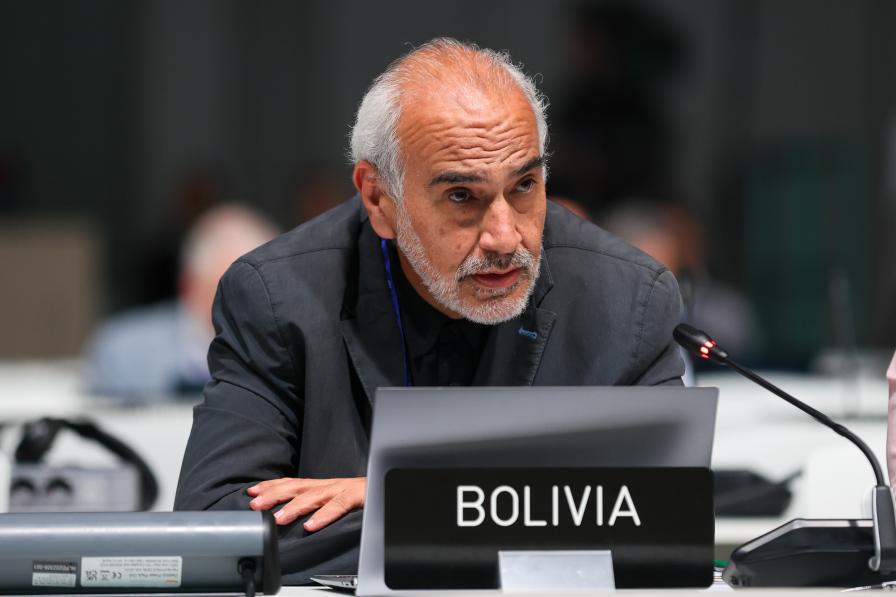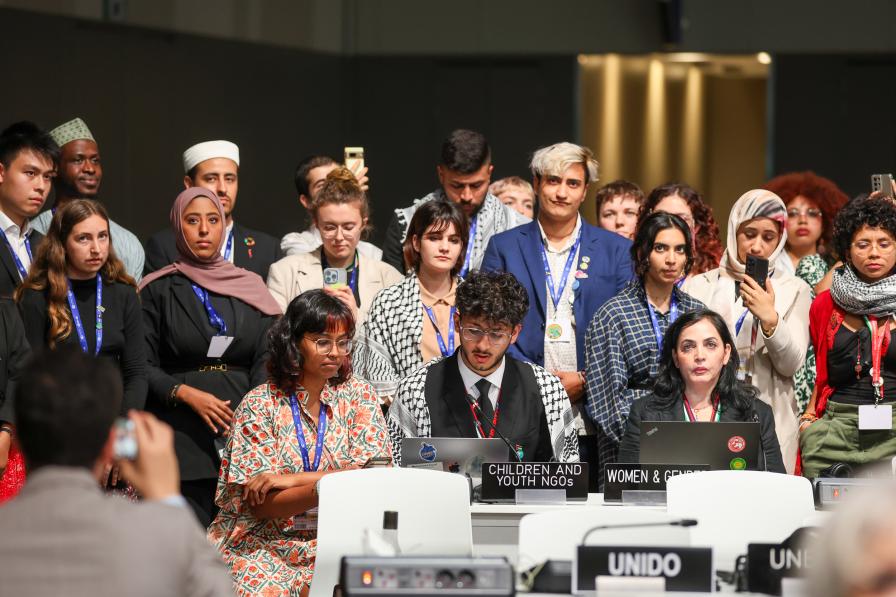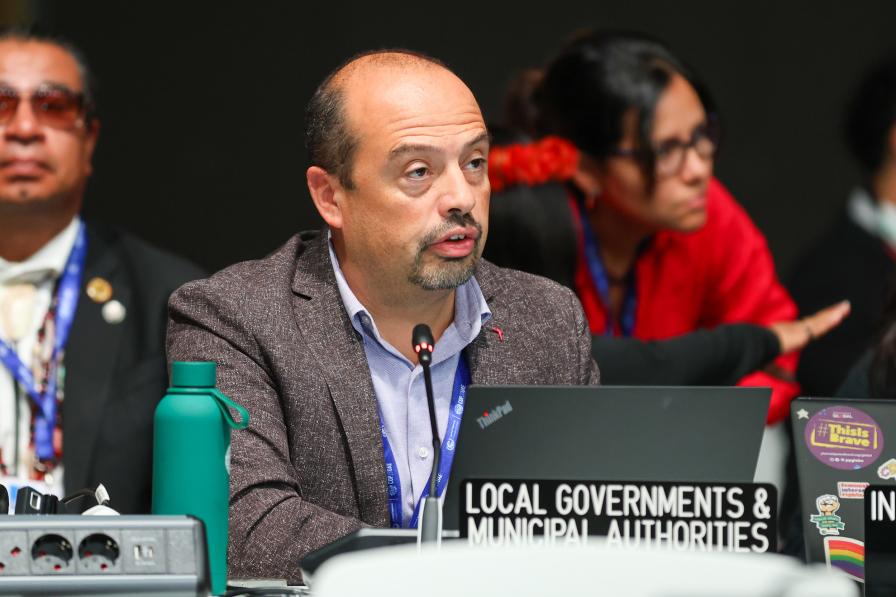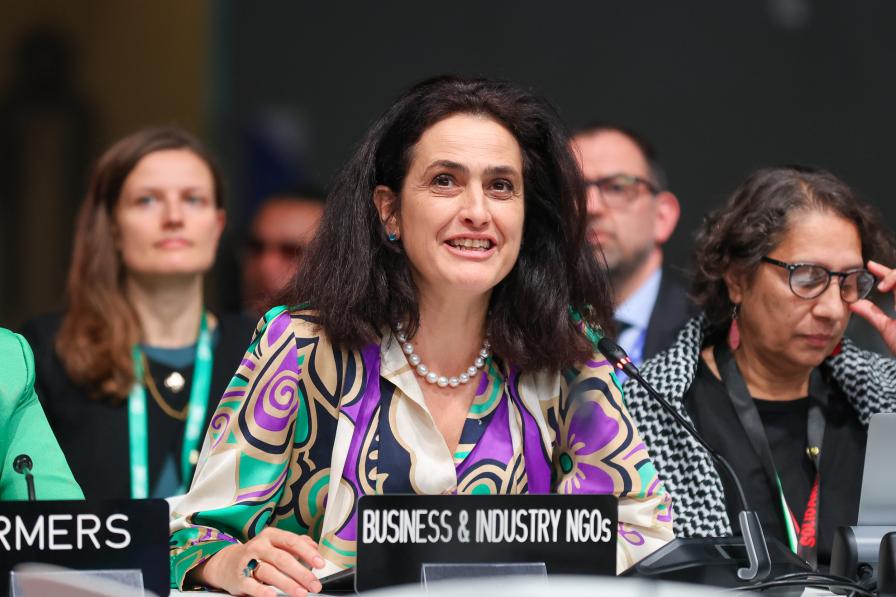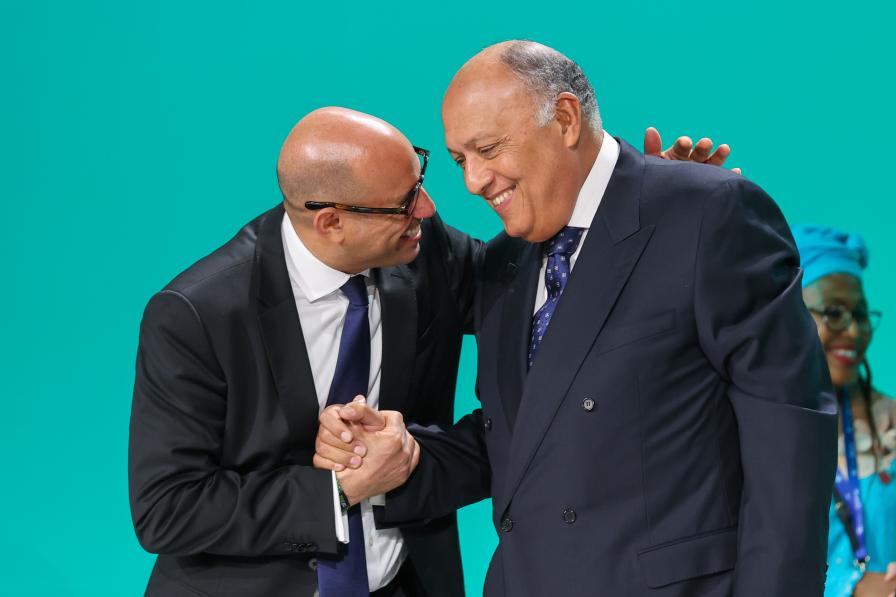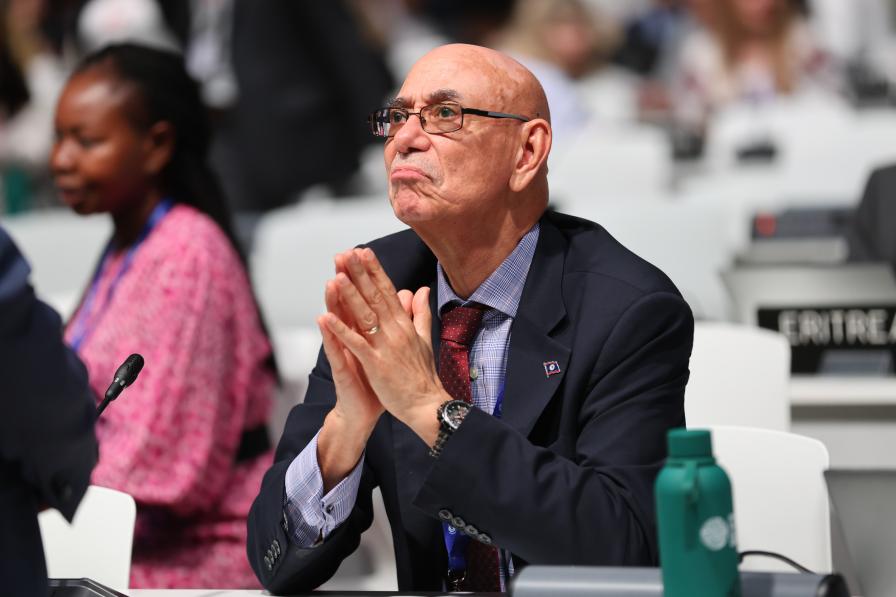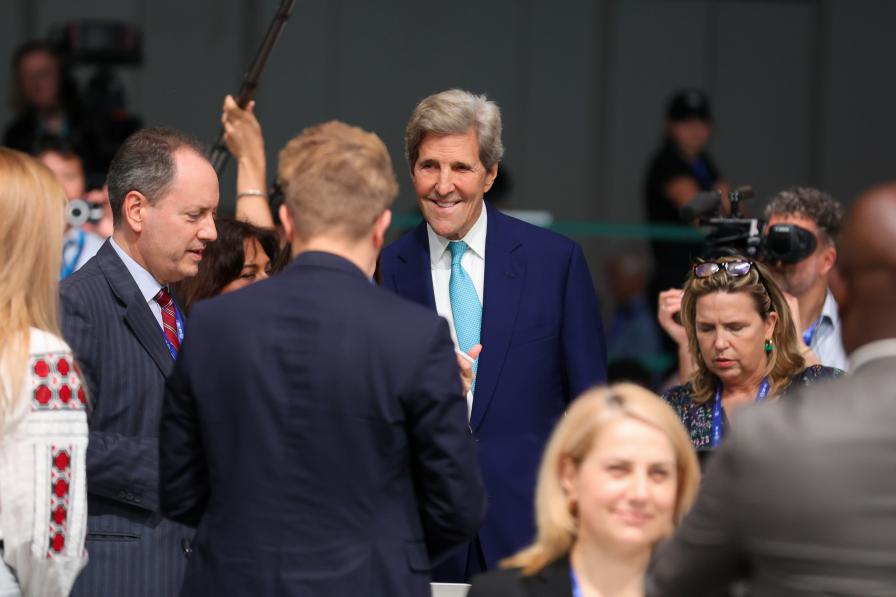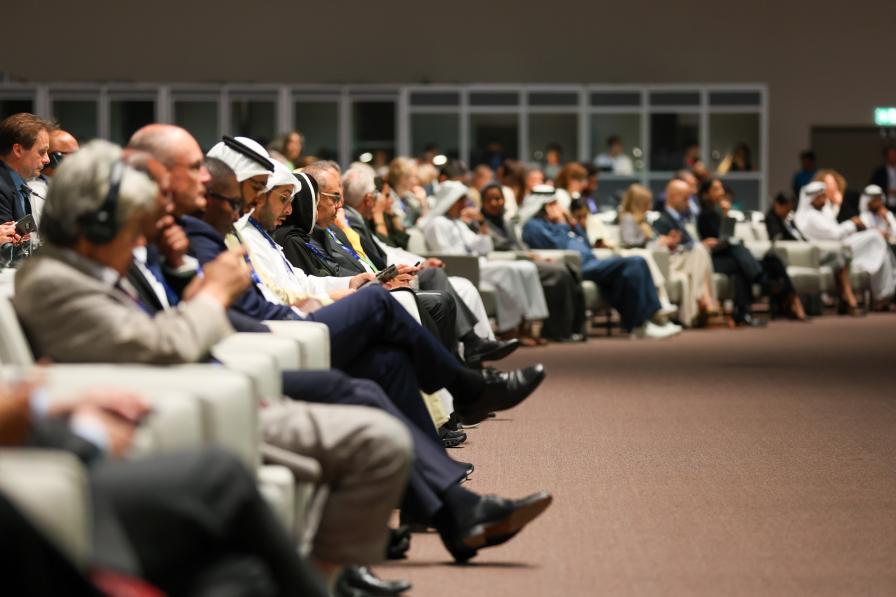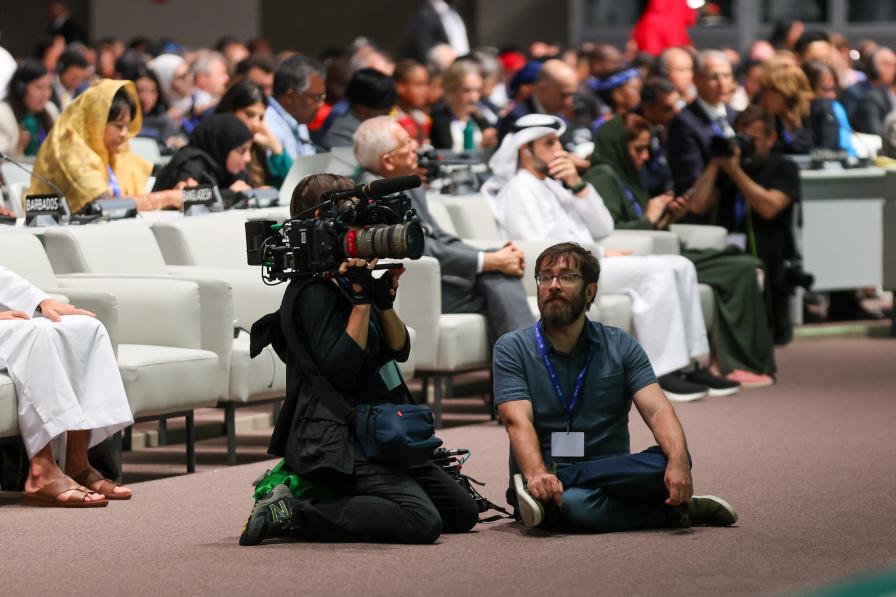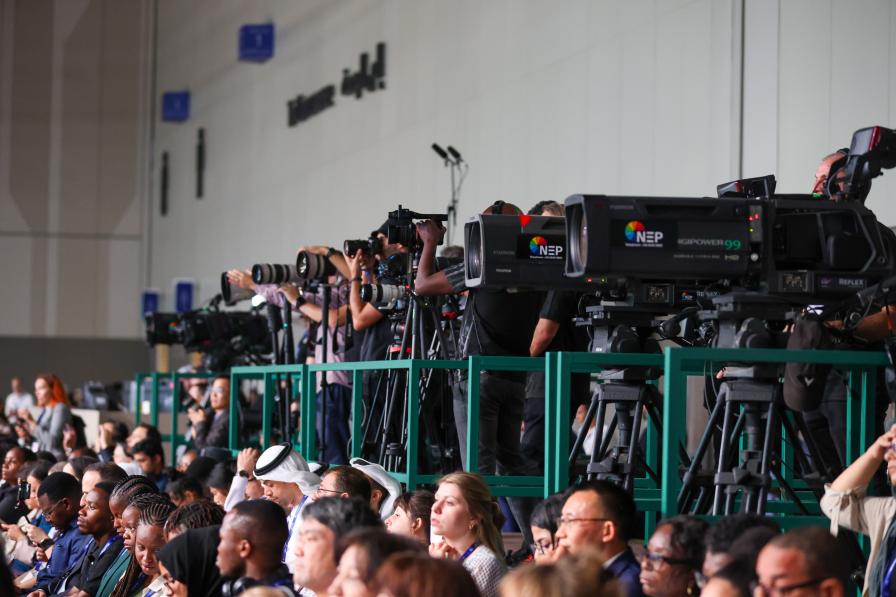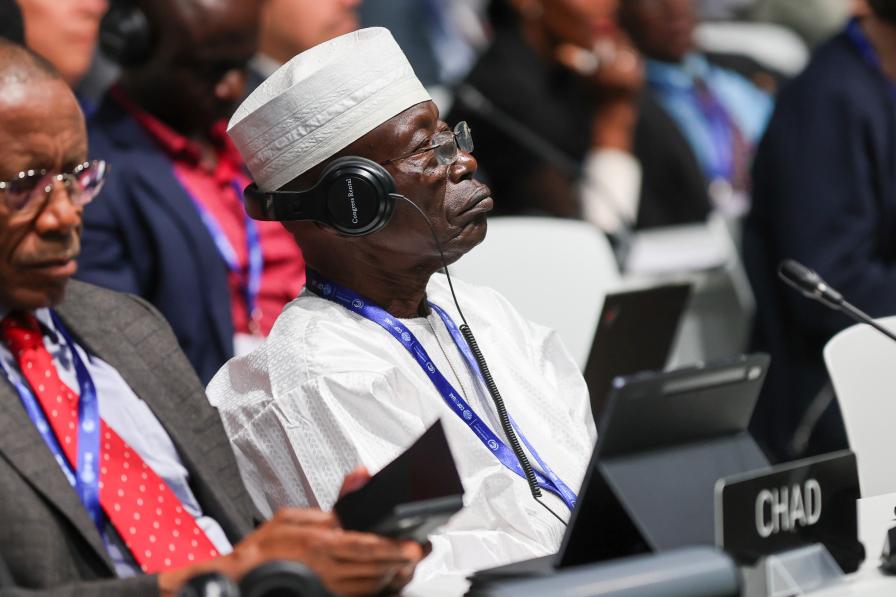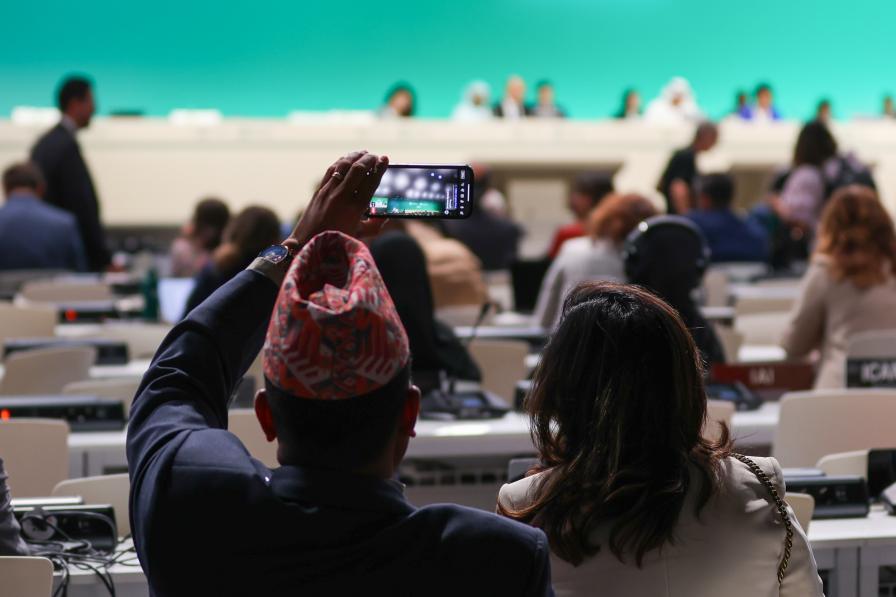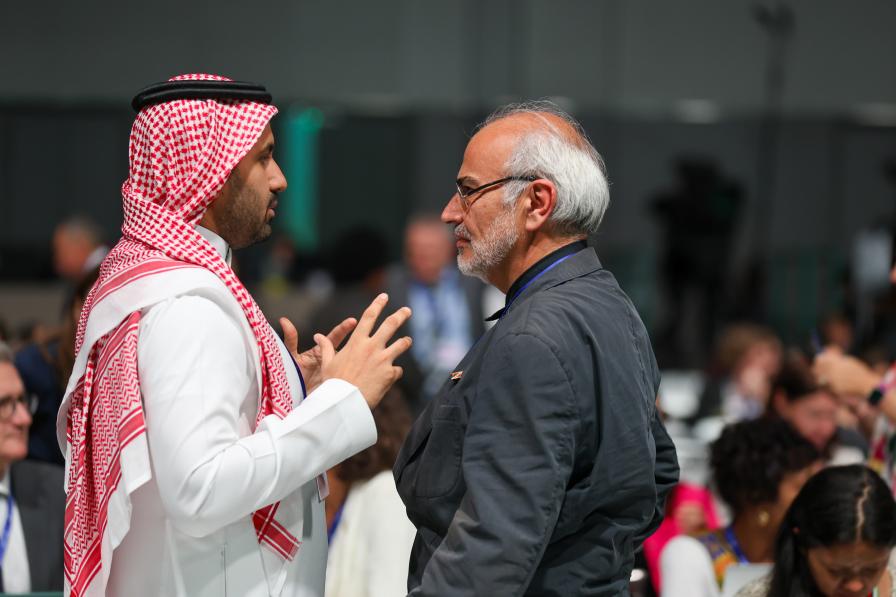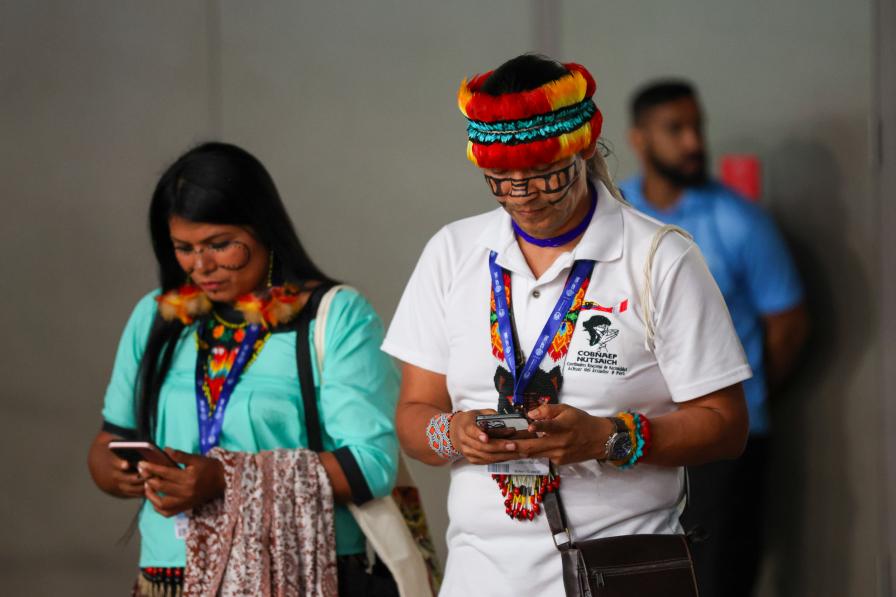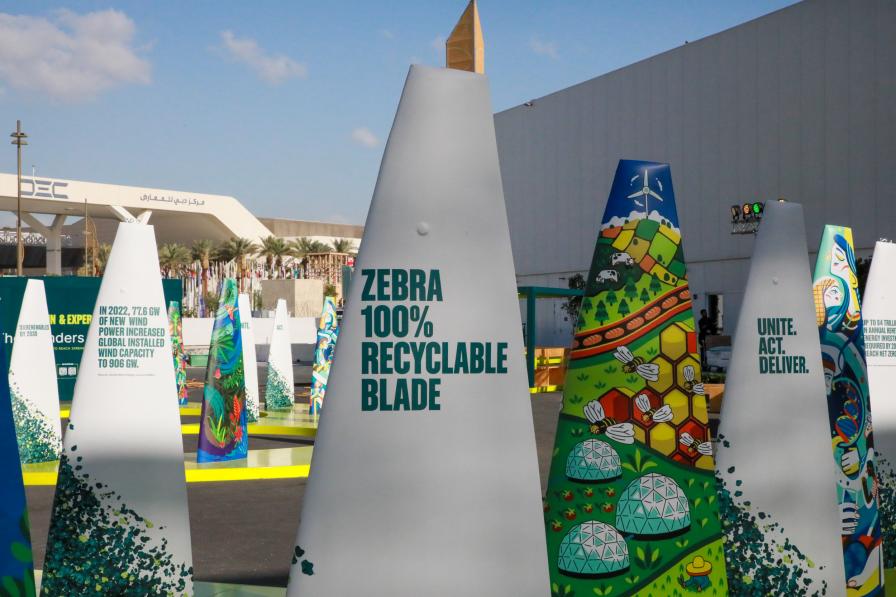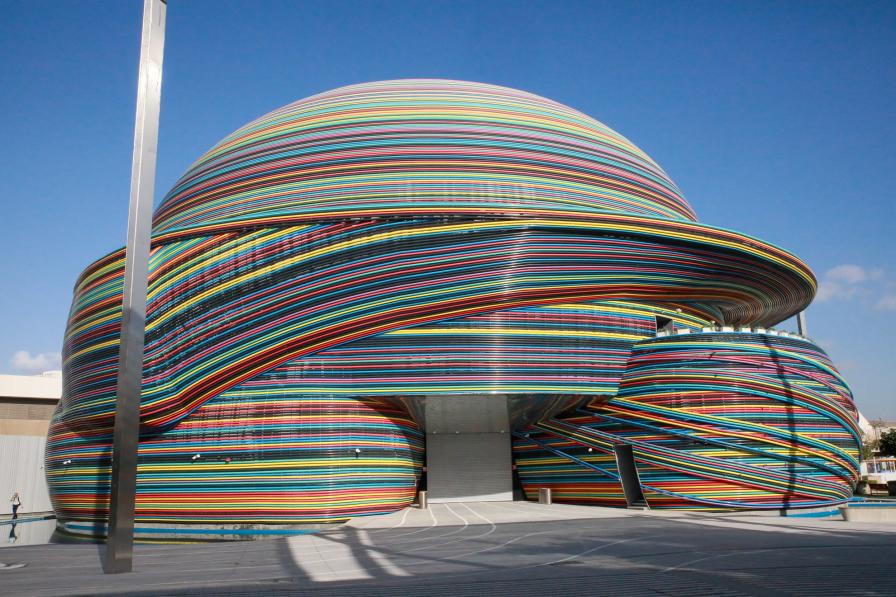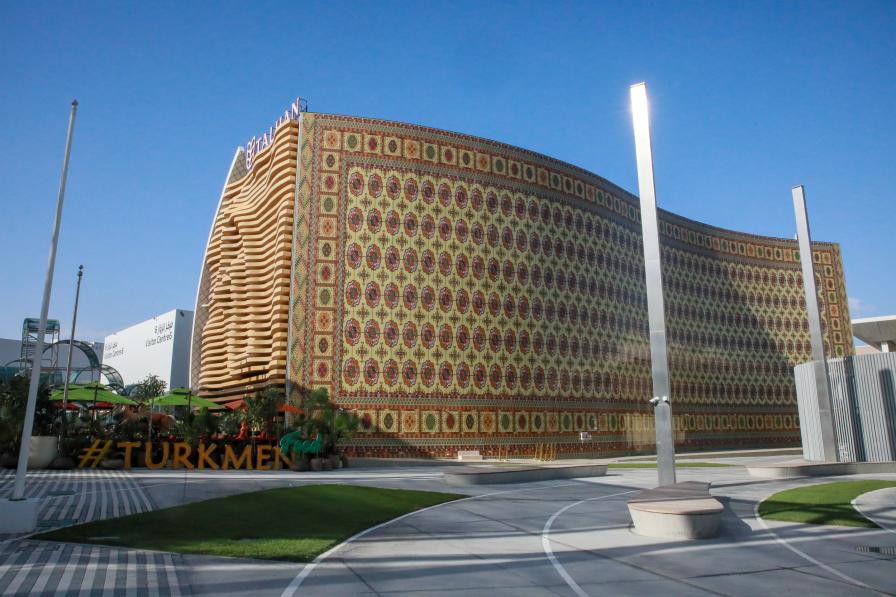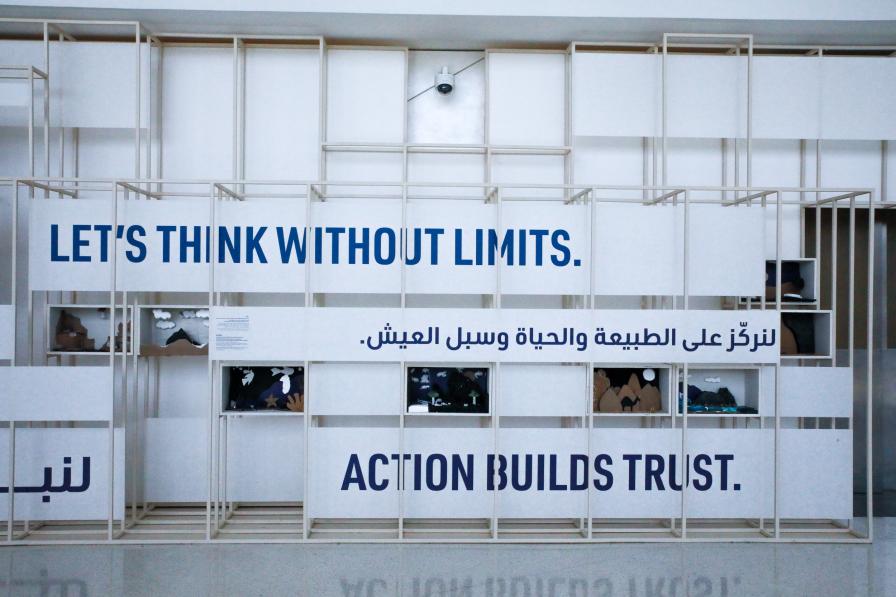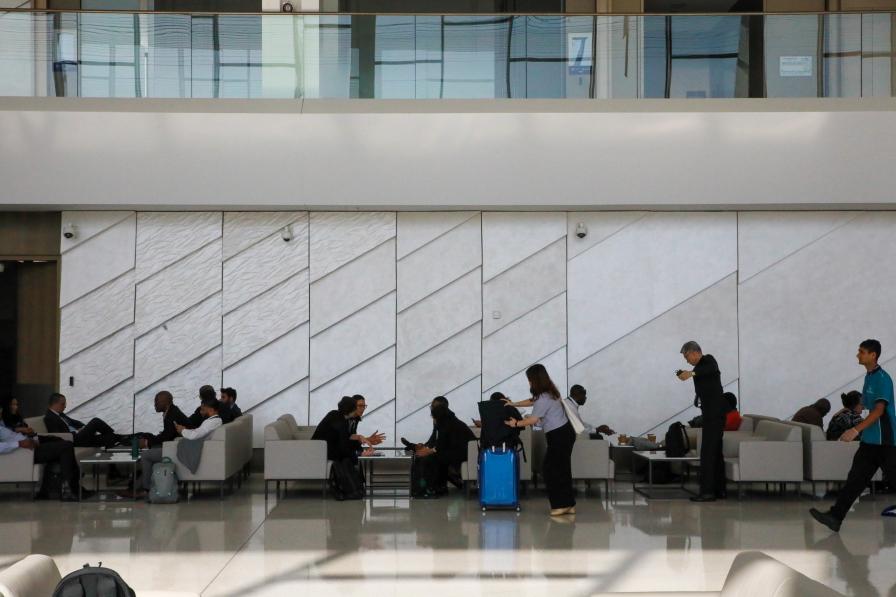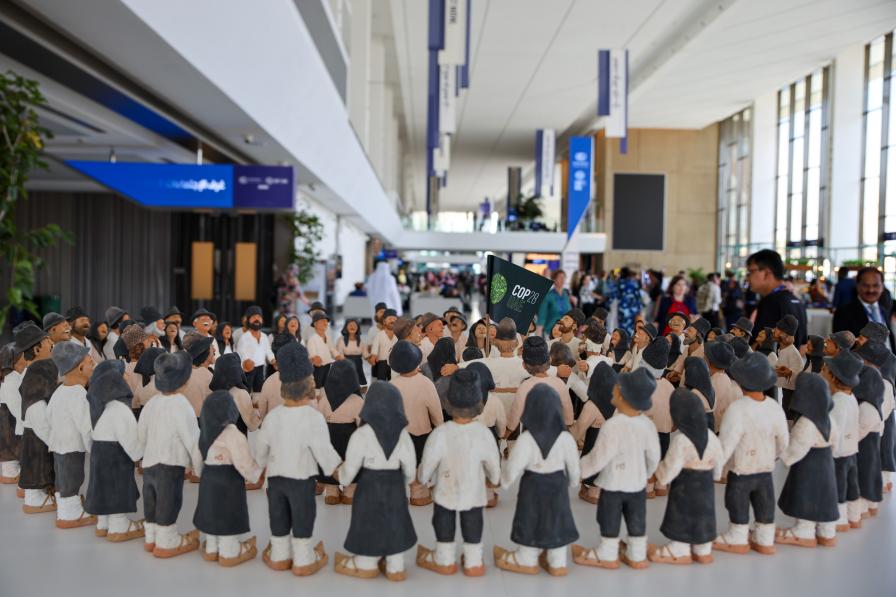The Dubai Climate Change Conference adopted a decision that operationalizes the loss and damage fund. While the name is not yet finalized, the fund’s form is settled. Countries applauded this hard-won compromise. On day one, the 28th Session of the Conference of the Parties (COP 28) to the United Nations Framework Convention on Climate Change (UNFCCC) had a major win.
Want to dig deeper into today's talks? Read the full Earth Negotiations Bulletin daily report.
To help build trust that the words in the decision on the loss and damage fund will translate to support on the ground, several countries pledged funds:
- The United Arab Emirates pledged USD 100 million;
- Germany pledged USD 100 million;
- The United Kingdom pledged up to GBP 60 million;
- Japan pledged USD 10 million;
- The United States pledged USD 17.5 million to the new fund and an additional USD 7 million to other loss and damage financial mechanisms; and
- The European Union pledged EUR 225 million, which includes Germany’s contribution.
It was an early answer to UNFCCC Executive Secretary Simon Stiell’s invocation during the opening ceremony that “it’s not enough ‘to try to try.’”
The five bodies meeting in Dubai had other, although less obvious, early wins. Agreeing to the agendas was no small matter. The agendas outline the issues that all countries agree should be discussed, debated, and (hopefully) decided upon. This year, countries suggested many new agenda items, ranging from tracking the promised doubling of adaptation finance to reviewing the Kyoto Protocol’s legally-binding targets. The Presidency will undertake negotiations on a few of these issues, such as the special needs and circumstances of Africa and review of the Financial Mechanism. None of the other items will be added to the agenda, but instead folded into existing issues under discussion.
The compromise on the agendas, as outlined by COP 28 President Sultan Al Jaber, transfers several contentious issues to the Global Stocktake negotiations. The Stocktake is one of the central issues for COP 28. In Dubai, countries must provide the political response to the Stocktake’s stark technical findings, including that there is a “rapidly narrowing window to raise ambition and implement existing commitments in order to limit global warming to 1.5°C.” So far, discussions of this political response are revealing various fault lines in countries’ priorities for the future under the Paris Agreement.
Perhaps given the difficult discussions to date, and those still to come, COP 28 President Al Jaber urged countries to show flexibility. He promised an inclusive, transparent process that could realize an ambitious Stocktake decision, if everyone brings solutions and a willingness to compromise.
To receive free coverage of global environmental events delivered to your inbox, subscribe to the ENB Update newsletter.
All ENB photos are free to use with attribution. For the UN Climate Change Conference - United Arab Emirates 2023 please use: Photo by IISD/ENB | Mike Muzurakis
